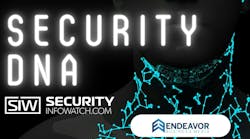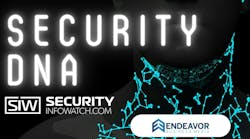A House panel approved a bill Thursday that would prohibit government workers from tipping off airport screeners about covert tests of transportation security.
The Homeland Security Subcommittee on Transportation Security and Infrastructure Protection approved the bill (HR 5909), sponsored by Rep. Nita M. Lowey, D-N.Y., by voice vote after adopting a substitute amendment by Chairwoman Sheila Jackson Lee, D-Texas.
The current system has not stopped tip-offs to screeners, said Yvette D. Clarke, D N.Y. "This legislation will strengthen what we know is a vulnerability in the system."
According to Jackson Lee, screeners have become aware of a number of impending security tests in the past year, rendering results essentially meaningless.
The bill would prohibit employees of the Transportation Security Administration (TSA), the Department of Homeland Security (DHS) or any other federal agency with transportation security information from sharing details about an upcoming undercover test with anyone but the assistant secretary of TSA, the inspector general of DHS and the U.S. comptroller general.
The bill also would require that every covert testing group be accompanied by a second team to monitor the secret test. Dan Lungren, R-Calif., said that could prove counterproductive. "One way to expose a covert test is by having too many government observers," he said at the markup.
Lungren said TSA officials told him that the covert tests are not being compromised, and that the agency protocol has been effective in more than 23,000 tests since 2002. He said the bill is not needed because current law already provides disciplinary, civil or criminal penalties for disclosure of sensitive security information.
But Matthew Dennis, a spokesman for Lowey, said after the markup that the bill is necessary because alerting screeners of a test is not necessarily considered disclosure of "sensitive security information."
"It is important for Congress to make it clear that screeners should not be notified about upcoming testing," Dennis said.
The substitute amendment, approved by voice vote, would require the DHS secretary to conduct an "impact study" on the best practices for covert testing and whether covert testing is an effective method to improve transportation security.
Source:

